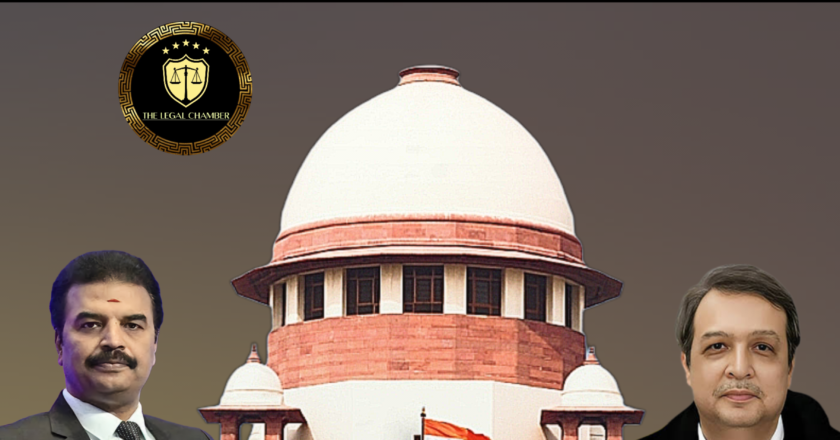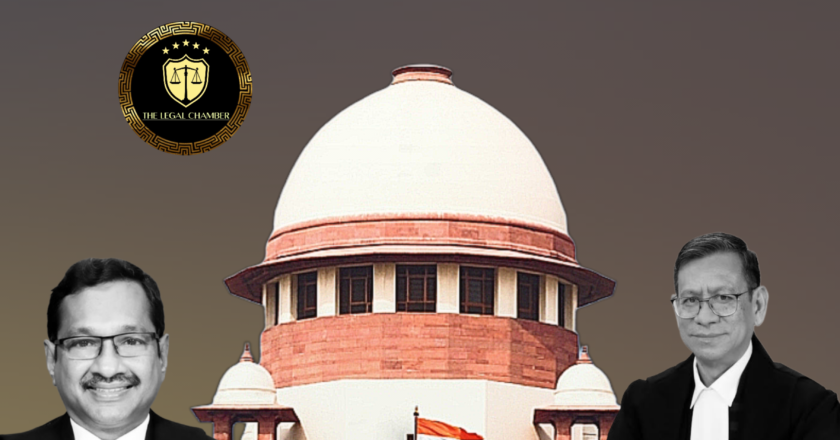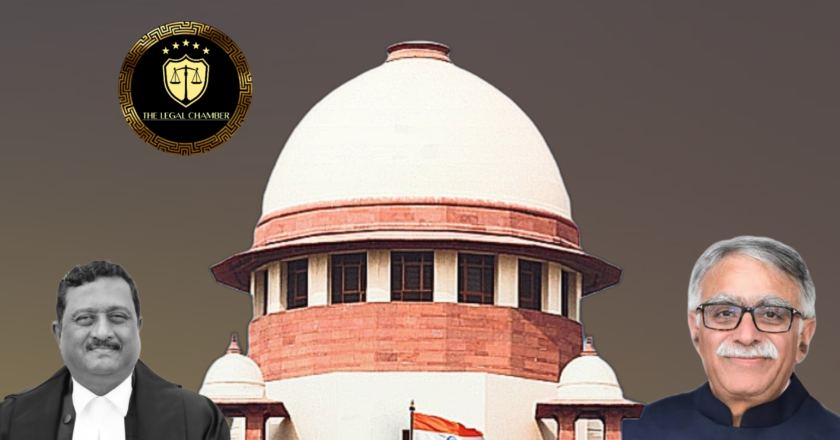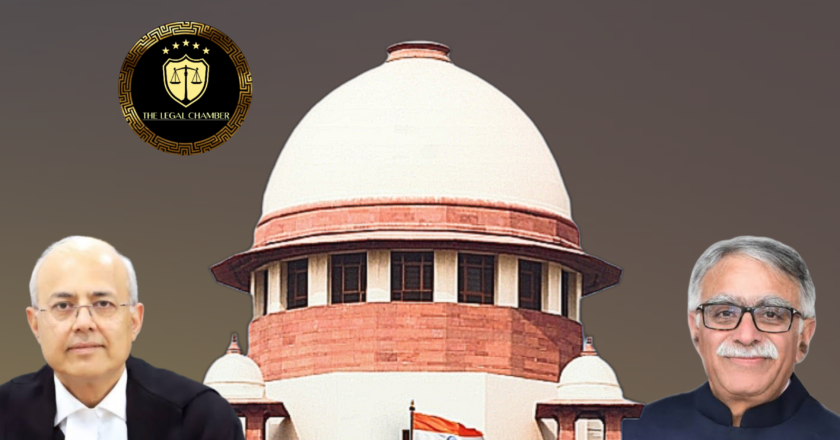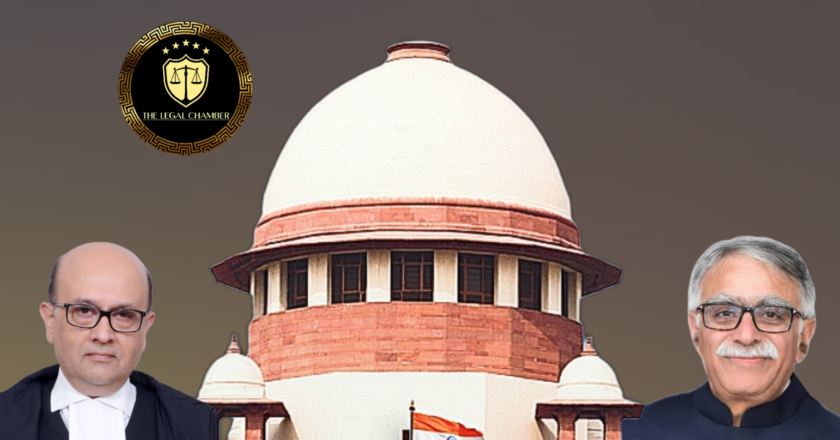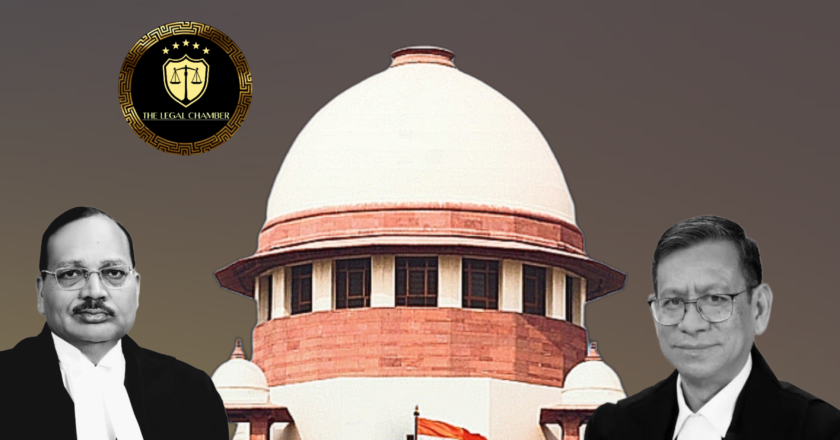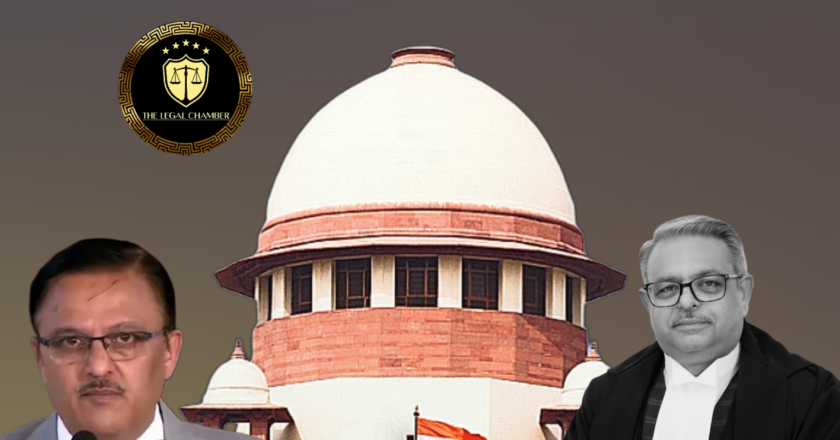Win for Taxpayers: Supreme Court Says GST Authorities Can’t Skip Adjudication After Payment
The Supreme Court held that payment of tax and penalty under Section 129 of the CGST Act does not absolve the proper officer from passing a reasoned order under Section 129(3). Such an order is mandatory to safeguard the taxpayer’s right to appeal and ensure compliance with principles of natural justice and due process under Article 265 of the Constitution.
Facts Of The Case:
The appellant, M/s ASP Traders, a Karnataka-based dealer, consigned 17,850 kg of dry arceanut to a Delhi-based company. During transit, the goods were transhipped, and seven bags went missing. The vehicle was subsequently detained by the Uttar Pradesh Mobile Squad in Jhansi. A notice was issued under Section 129(3) of the CGST Act, alleging discrepancies including the shortfall in quantity and questioning the existe...
